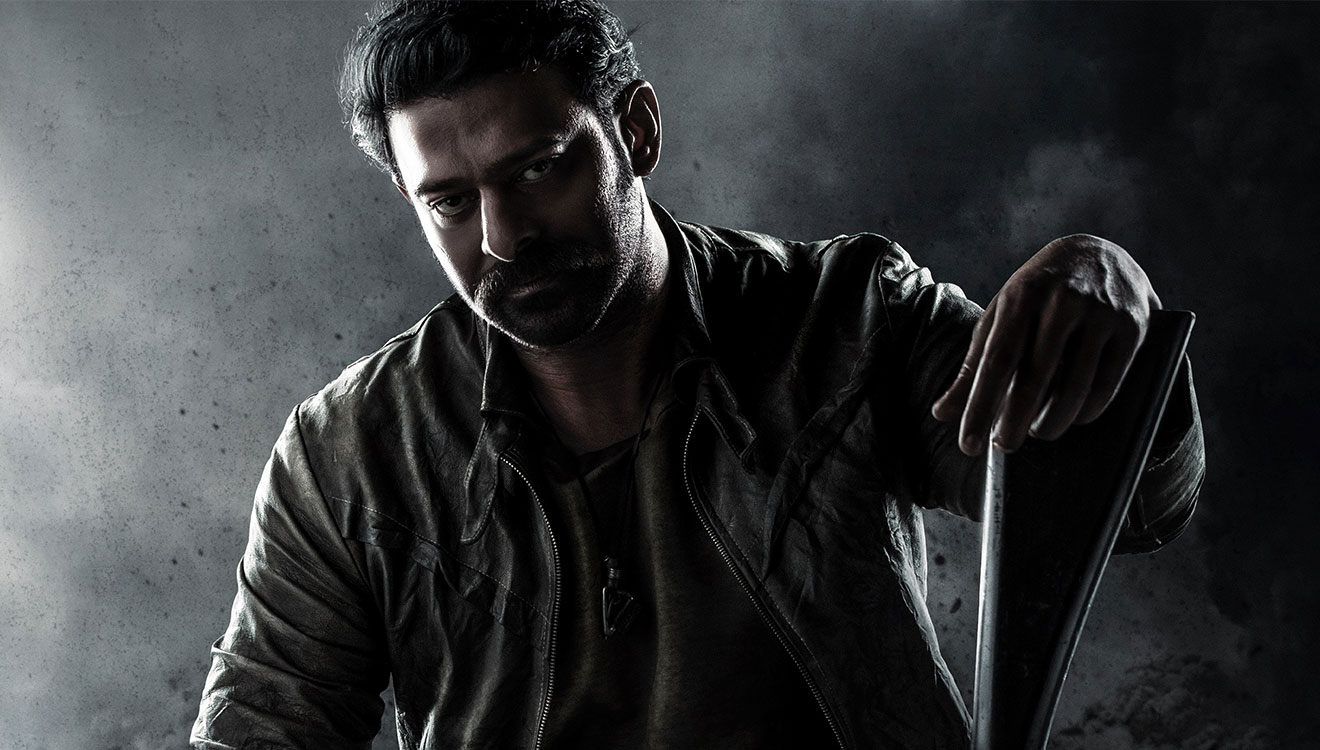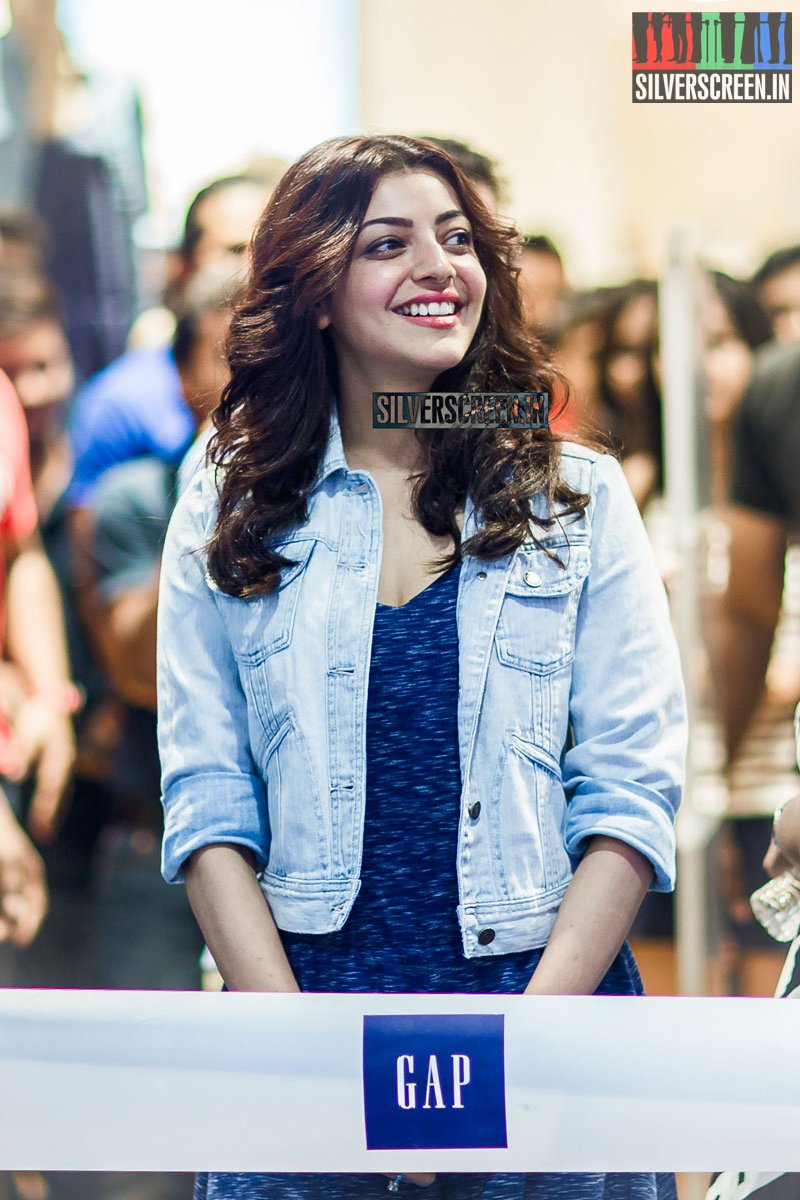Why can’t Bollywood get a period setting right? It is disconcerting to think the late 80s and early 90s now qualify as “period setting” but with all that budget, Hindi cinema still comes short. They can mask the overhead drone shots or get away with interior shots but take this medium shot in Kookie Gulati’s The Big Bull.
We see a busy market and the BEST bus makes a tricky turn. We have only seconds to register before it cuts but the whole thing looks artificial and something out of a school play. It looks too clean, saturated and embellished. Maybe the embellishment comes from making tens of medieval, royal period dramas that anything set in a different era now calls for embellishment. But the late 80s and early 90s were periods in India’s history that calls for the exact opposite.
There is a striking line that Meera Rao (Ileana D’Cruz) says at the beginning of the film – Uski soch uski ameer hone se pehle hi ameer hone lagi. That speaks volumes about Harshad Mehta on whom this film is based on but The Big Bull, written by Gulati and Arjun Dhawan, is also too ameer (rich) to be authentic.
D’Cruz plays the embellished version of Sucheta Dalal. As a journalist, she wears spectacles and in 2020 – during a release event of her book on Hemant Shah (Abhishek Bachchan) – she has white streaks flowing over her temple and long, straight hair. Comparisons with Scam 1992, the web series based on Mehta are impossible to avoid, what with the two works coming in quick succession, but there the ordinariness and lassitude of a generation during pre-liberalisation India reflected in the plainness of its visuals.
The Big Bull cannot recreate that low-key-ness and almost treats that choice as undesirable. Of course, this is a film and that was a multi-episode web series so we can give The Big Bull some leeway with the time it has to cover the complete story arc of Shah. It is quick in its documentation of Shah’s rise, his insider trading ways with the help of union leaders of public companies and there are appealing scenes, like the one representing the reel life versions of Anil and Tina Ambani.
But the scene also represents something else. Shah’s character is written as an ambitious man who wanted to reach the top very fast but with his share of arrogance that he lets out in the open, like the mild paunch Bachchan wears. Bachchan is also great in the portions where he needs to play it down, when he is not in the boss’s seat but in the opposite one trying to negotiate a deal. Like the scene with trade union leader Rana Sawant (Mahesh Manjrekar). He displays charm and innocence, born out of years of economic struggle that veils the chutzpah that’s waiting to explode. But when he switches seats and that chutzpah isn’t so veiled anymore, Bachchan is found wanting. It’s probably why his best performances are in the quiet but smooth characters – Bluffmaster and Manmarziyaan come to mind.
Recommended
Meera is written as someone who needs to be guided by her editor to look deeper into Shah’s rise. It’s not necessarily a bad choice, writers and journalists need their editors all the time but in a film like The Big Bull, a Shah needed a more hands-on Meera as the antagonist, making the choice disingenuous. The film has some stand out imagery, like the one where Shah is perched at the edge of his penthouse, the sea at his side. He takes out his glasses from his pocket while loose notes of currency swirl around him with the sea breeze. It’s the country’s money, straight from the treasury but it does nothing to a film that’s always in a rush to tick checkboxes in Harshad Mehta’s Wikipedia subheadings. It has some smart lines but also some hilariously simplistic ones.
In the end, Meera says that today the country is in the hands of “professional MBAs” and points to the audience. Apart from being a dense thought, it adds a nationalistic fervour to a film that was otherwise about an individual. Apparently, today, a Hindi film cannot be made without this form of chest-beating. The Big Bull is not a bad film. It is just a painfully ordinary one.
****
The Big Bull review is a Silverscreen original article. It was not paid for or commissioned by anyone associated with the film. Silverscreenindia.com and its writers do not have any commercial relationship with movies that are reviewed on the site.



